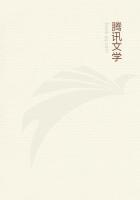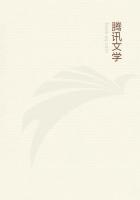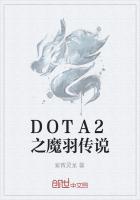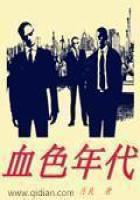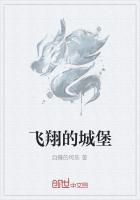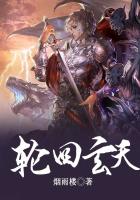DESTRUCTION OF THE PERGAMUS LIBRARY OF ALEXANDRIA--SOME OBSERVATIONS BY SIR THOMAS ASTLE --COMPARISON OF HIS STATEMENTS WITH THOSE OF PROFESSOR ANTHON RELATIVE TO FRAGMENTS OF ANTIQUITY WHICH REMAIN--AUTHENTICITY OF THEM NOT DISTURBED IF THEY ARE OF PROPER AGE--TAYLOR'S VIEWS ON THIS SUBJECT.
THE storming of Alexandria and the destruction of the Pergamus library, composed largely of ink-written volumes, by the Saracens, A. D. 642, has already been reverted to. Astle observes:
"Thus perished by fanatical madness, the inestimable Alexandrian library, which is said to have contained at that time upwards of five hundred thousand volumes; and from this period, barbarity and ignorance prevailed for several centuries. In Italy and all over the west of Europe learning was in a measure extinguished, except some small remains which were preserved in Constantinople.
"Theodosious, the younger, was very assiduous in augmenting this library, by whom, in the latter end of the fourth century, it was enlarged to one hundred thousand volumes, above one-half of which were burnt in the fifth century by the Emperor Leo the First, so famous for his hatred to images.
"The inhabitants of Constantinople had not lost their taste for literature in the beginning of the thirteenth century, when this city was sacked by the Crusaders, in the year 1205; the depredations then committed are related in Mr. Harris's posthumous works, vol. ii, p. 301, from Nicetas the Choniate, who was present at the sacking of this place. His account of the statues, bustos, bronzes, manuscripts, and other exquisite remains of antiquity, which then perished, cannot be read by any lover of arts and learning without emotion.
"The ravages committed by the Turks who plundered Constantinople, in the year 1453, are related by Philelphus, who was a man of learning, and was tutor to aeneas Sylvius (afterwards pope, under the name of Pius the Second) and was an eye-witness to what passed at that time. This tutor says, that the persons of quality, especially the women, still preserved the Greek language uncorrupted. He observes, that though the city had been taken before, it never suffered so much as at that time; and adds, that, till that period, the remembrance of ancient wisdom remained at Constantinople, and that no one among the Latins was deemed sufficiently learned, who had riot studied for some time at that place; he expressed his fear that all the works of the ancients would be destroyed.
"Still, however, there are the remains of three libraries at Constantinople: the first is called that of Constantine the Great; the second is for all ranks of people without distinction; the third is in the palace, and is called the Ottoman library; but a fire consumed a great part of the palace, and almost the whole library, when as is supposed, Livy and a great many valuable works of the ancients perished. Father Possevius has given an account of the libraries at Constantinople, and in other parts of the Turkish dominions, in his excellent work entitled, Apparatus Sacer. (He calls attention to no less than six thousand authors.)Many other losses of the writings of the ancients have been attributed to the zeal of the Christians, who at different periods made great havock amongst the Heathen authors. Not a single copy of the work of Celsus is now to be found, and what we know of that work is from Origen, his opponent. The venerable fathers, who employed themselves in erasing the best works of the most eminent Greek or Latin authors, in order to transcribe the lives of saints or legendary tales upon the obliterated vellum, possible mistook these lamentable depredations for works of piety. The ancient fragment of the 91st book of Livy, discovered by Mr. Bruns, in the Vatican, in 1772, was much defaced by the pious labours of some well-intentioned divine. The Monks made war on books as the Goths had done before them. Great numbers of manuscripts have also been destroyed in this kingdom (Great Britain) by its invaders, the Pagan Danes, and the Normans, by the civil commotions raised by the barons, by the bloody contests between the houses of York and Lancaster, and especially by the general plunder and devastations of monasteries and religious houses in the reign of Henry the Eighth; by the ravages committed in the civil war in the time of Charles the First, and by the fire that happened in the Cottonian library, October 23, 1731."Mr. Astle's comments on the volumes or remnants of volumes which remain to us, becomes most interesting in the lights thrown on them by Professor Anthon in his "Classical Dictionary," 1841, which are quoted in part following those of Mr. Astle.
Mr. Astle remarks:
"The history of Phoenicia by Sanconiatho, who was a contemporary with Solomon, would have been entirely lost to us, had it not been for the valuable fragments preserved by Eusebius."Says Prof. Anthon:
"Sanchoniathon, a Phoenician author, who if the fragments of his works that have reached us be genuine, and if such a person ever existed, must be regarded as the most ancient writer of whom we have any knowledge after Moses. As to the period when be flourished, all is uncertain. He is the author of three principal works, which were written in Phoenician. They were translated into the Greek language by Herennius Philo, who lived in the second century of our era. It is from this translation which we obtain all the fragments of Sanchoniathon that have reached our times. Philo had divided his translation into nine books, of which Porphyry made use in his diatribe against the Christians.
It is from the fourth book of this lost work that Eusebius took, for an end directly opposite to this, the passages which have come down to us.
And thus we have those documents relating to the mythology and history of the Phoenicians from the fourth hand."Mr. Astle continues:
"Manetho's History of Egypt, and the History of Chaldea, by Berosus, have nearly met with the same fate."From Anthon:

